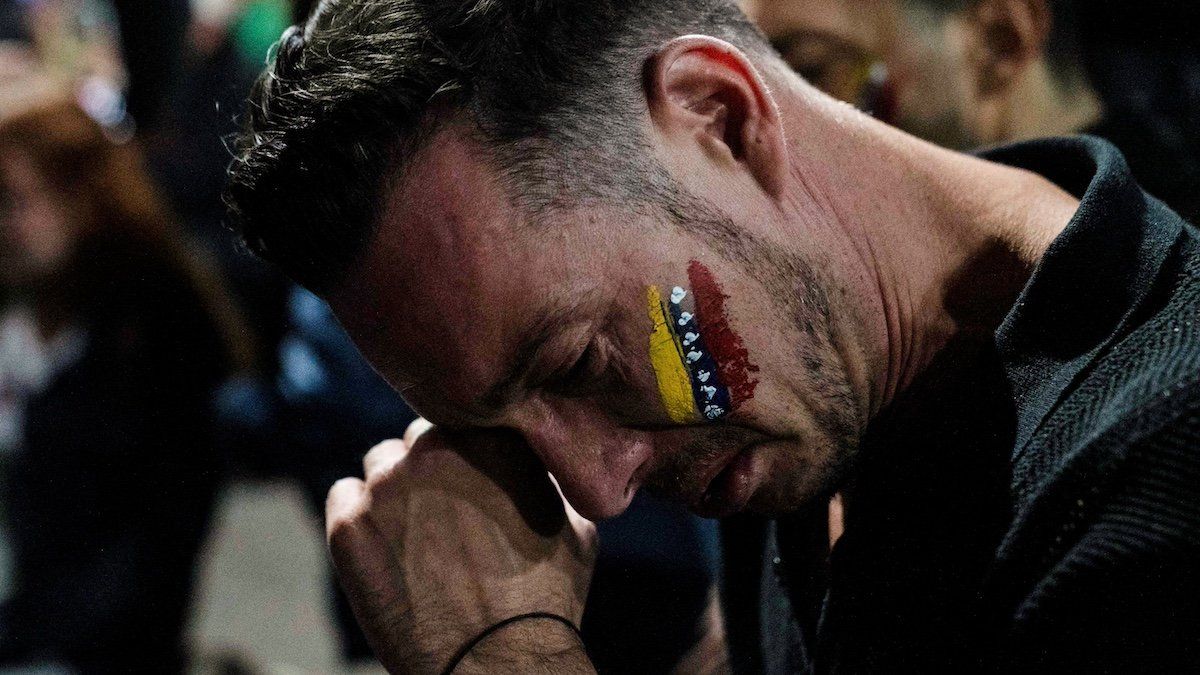Venezuela’s strongman President Nicolás Maduro declared victory in the country’s hotly contested election on Monday, claiming to have won 51% of the vote despite independent exit polls showing a landslide for the opposition. Maria Corina Machado, Maduro’s chief rival, whom he banned from standing, said data collected by volunteers in polling places showed her candidate, Edmundo González, trouncing Maduro with 70% of the vote.
Election day. People began lining up at 3 a.m. in some parts of the capital Caracas on Sunday, anxious to cast their ballots in what many saw as their last best chance to restore the democratic process in Venezuela.
Media reports were tightly controlled, but some voters told CNN Español that they faced intimidation by militants. Citizens who attempted to enter government buildings to observe vote counting found themselves blocked by men on motorcycles donning red clothing and shouting pro-Maduro slogans.
What happens now? Machado said the opposition would fight to “defend the truth” and called on the international community to reject the results, but she stopped short of calling for protests. The presidents of Peru, Chile, Guatemala, Costa Rica, Argentina, and Uruguay all condemned or cast doubt on Maduro’s claimed victory, and US Secretary of State Antony Blinken called for official vote tabulations to be published.
We are watching how Venezuelan voters react, and whether the international community can heap pressure on the Maduro regime — particularly given his dark warnings of a “bloodbath” and “civil war” if he is forced from office.
For more on Venezuela’s election, check out GZERO’s Viewpoint interview with Eurasia Group expert Risa Grais-Targowhere.